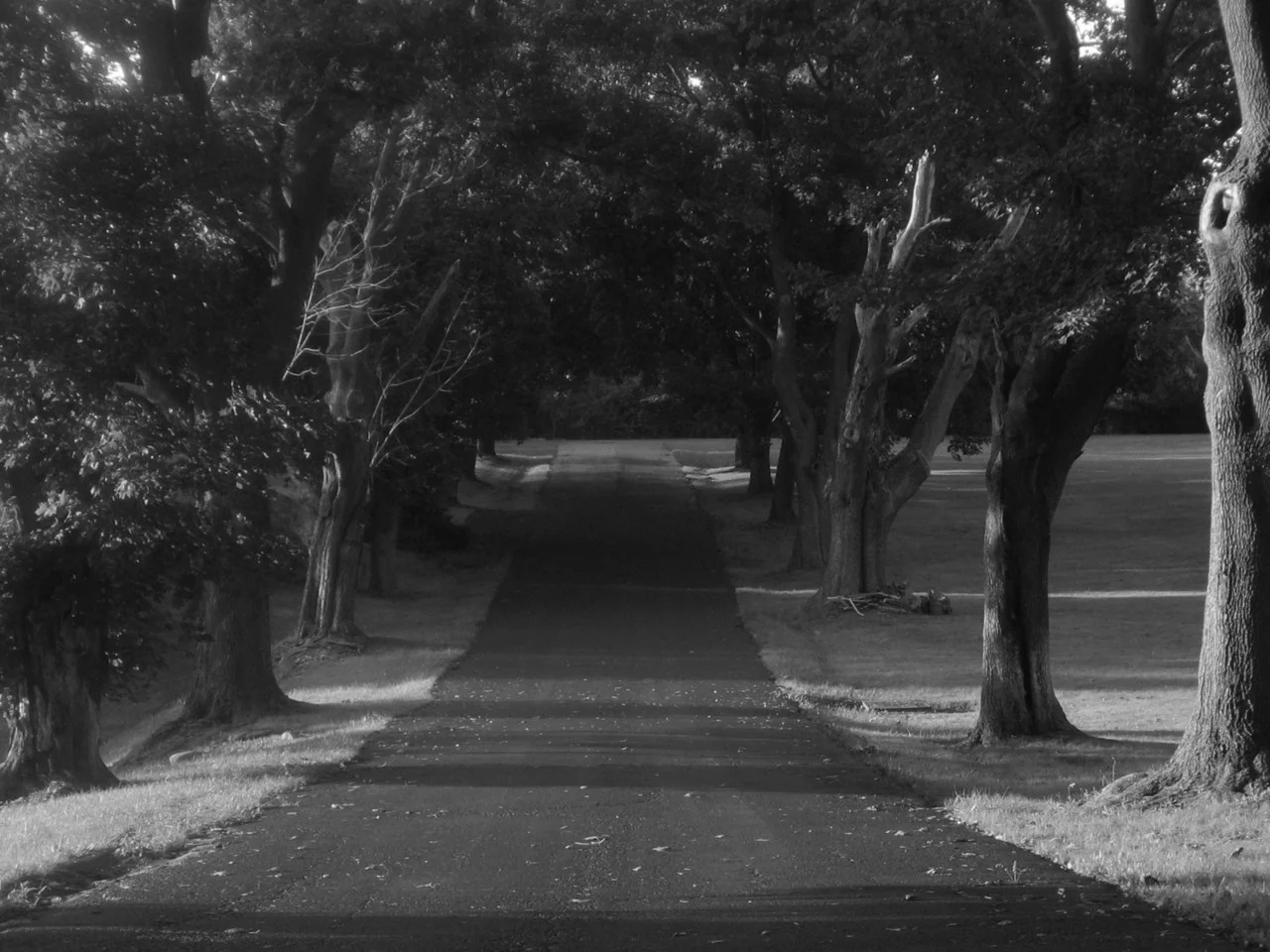I remember the day, many years ago now, when I watched my neighbour backing out of his driveway to go to work, and wishing it were me. He had a great job as a stock broker, few if any financial worries, and for the most part worked with numbers, not people. I am not going to illustrate the differences between him and me, but you can fill in the blanks.
Have you ever day-dreamed about a life where there was no stress, no anxiety and no pressure? Have you ever looked around you and felt you were the only person in the room facing all those things? Have you ever wished you had the peaceful, happy and prosperous life of all those people around you?
Admit it. You have. I don’t think you’re any better than me.
There are several problems with this. First, you will never get a life that is so completely filled with endless positives. Nobody lives like that, not even the most enthusiastic prosperity preacher. Second, remember all those other people you are envying? Guess what? They all have problems too. Half of them are probably looking at you, wishing they had what they think you have.
I like to make a distinction between happiness and joy. I get this from C.S. Lewis as well as the Bible. Happiness is the delusion that we can find total serenity based on outwardly positive circumstances. Apart from the fact that nobody lives in such circumstances, it makes us hostage to every wind and gust of adversity that might threaten all the nice but flimsy supports we are relying on. Remember the house built on sand?
So are we, as Christians, to live in continuous gloom and despair? Not at all. Joy is the gift we receive as we realize we can find an inner peace and contentment in our relationship with Christ that is not dependent on outward circumstances but on the God who rules the universe.
Think of the most beautiful stained-glass window you can imagine. There’s an amazing rose window in Durham Cathedral that will take your breath away. Stained glass only comes to life when the light shines through it. God has created a magnificent stained-glass window. The window is his dominion over the created world around us -- people and circumstances as well as geography. The Holy Spirit is the light. When he enters your life and fills you, you see the window you never saw before.
It doesn’t mean everything suddenly becomes easy, but it gives us a very precious and vastly under-rated gift: perspective. Not just any perspective, but God’s perspective. It’s the gift of seeing as he sees.
Paul was writing to his friends about the reality of evil and the hardship of spiritual attack. Then he says this: “But the Lord is faithful” (2 Thessalonians 3:3). The small word “but” overrides everything that has gone before. And there’s something else. Normally the Greek verb “is” would be left out and the meaning understood without it, but it isn’t. That means the sentence should read: “The Lord IS faithful,” as if Paul is screaming the word “is.”
Seeing the stained-glass window puts everything in a different light. You start to see how what you wanted would not have helped you, and how what you didn’t want did help you. You remember that God works all things together for good. You start to become grateful. You begin to ditch the self-pity. And bit by bit, you stop looking out your window wishing you were your neighbour.
My neighbour’s literal bottom line was undoubtedly better than mine.
But after a while, I began to see the stained-glass again. And I reminded myself of the real bottom line:
“But the Lord IS faithful.”





